
Isabelle Huppert
Birthday: 16 March 1953, Paris, France
Birth Name: Isabelle Ann Huppert
Height: 160 cm
Isabelle Huppert was born in 1953, in Paris, France, but spent her childhood in Ville d'Avray. Encouraged by her mother (who was a teacher of English), she followed the Conservatory of Versailles ...Show More
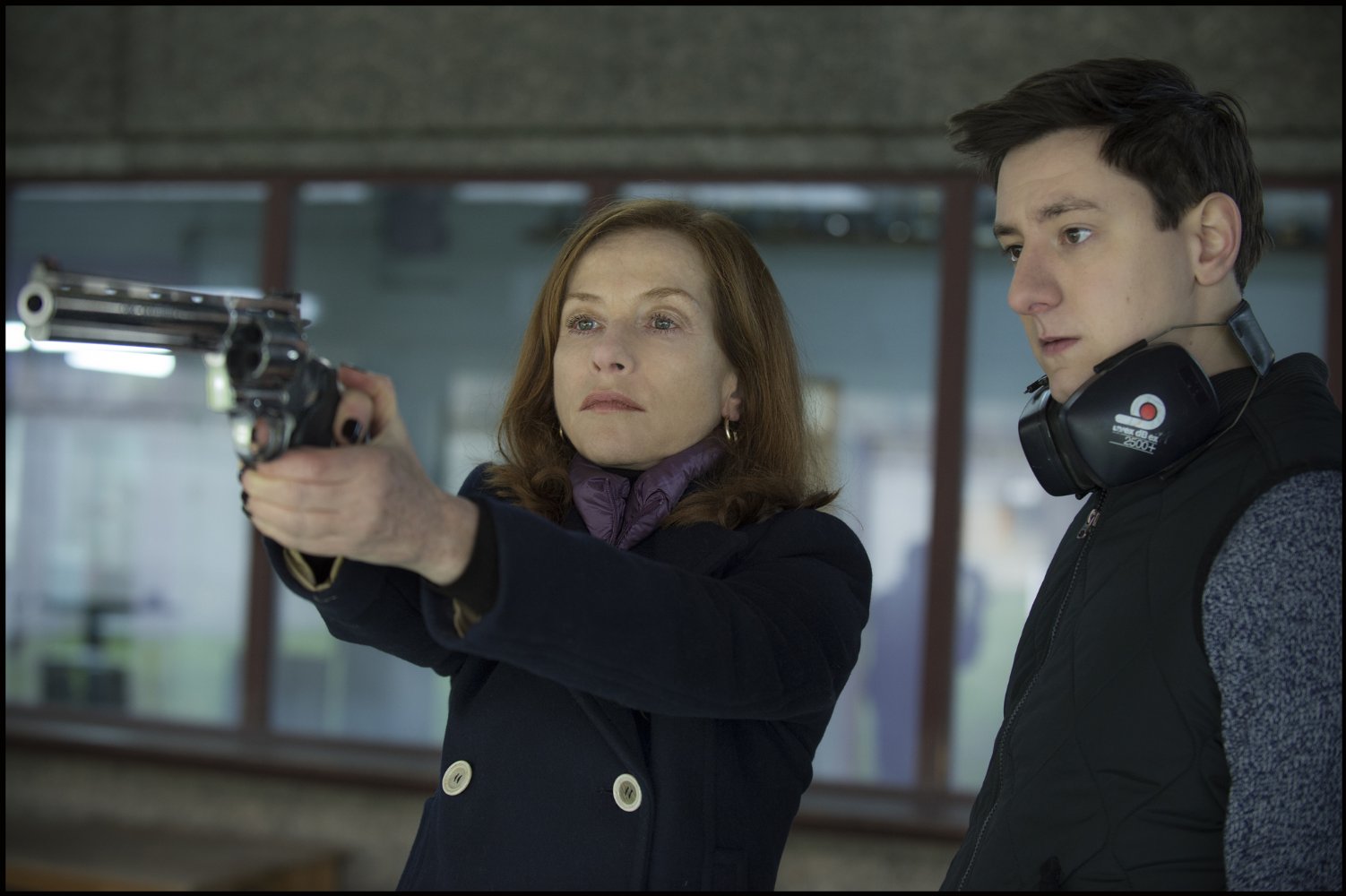
It's just a desire to work. A desire and a need, like eating. An actress may see herself as more tha Show more
It's just a desire to work. A desire and a need, like eating. An actress may see herself as more than a baker, but it's the same thing. I find it really hard to resist that desire. And it's true that that can result in some bad cakes - but that's never happened to me. I've never blushed at any of the films I've made. I've been very lucky. Hide
Many people don't realize that it's in what you think are the limitations of a certain form that you Show more
Many people don't realize that it's in what you think are the limitations of a certain form that you can often find your own rhythm and space. I would never be able to do what I'm doing in a classical production, because in a classical staging, while you might think you're free, you're not. You're submitting to convention, to something totally arbitrary. In Claude Régy's production, it's the contrary: Because of the form, you can fly. I experienced this for the first time onstage with Bob Wilson. With him it's such a mathematical space, with such precise regulations, and yet I never felt so much myself. Hide
I don't try to sympathise with my characters, I just try to empathise with them. To try to understan Show more
I don't try to sympathise with my characters, I just try to empathise with them. To try to understand. If I sympathised with the characters I would make idealised, romantic characters out of them, which I don't do. I don't idealise them, I just do normal characters, not very sympathetic, but just the way they are. I think I do this in films that are made in the shape of a question, not in the shape of an answer. They just try to make a very open statement and it is down to anyone's subjectivity to find his own answer to that. Hide
I think being actor is more difficult for men. The very best actors are not afraid of playing with t Show more
I think being actor is more difficult for men. The very best actors are not afraid of playing with their own femininity and leaving aside power struggles with the director. Because there's no getting around it: on a film set, it's the director who has the power. This fact is often more difficult to accept for an actor than for an actress. Hide
[on why we need movies in our lives] That's a very good question. We need them because it is a diffe Show more
[on why we need movies in our lives] That's a very good question. We need them because it is a different way to make our imagination travel. We can put poetry, intelligence, beauty in movies; it's a way of re-creating reality, which is important. If you only have reality, that's not enough. You need transformation of reality, you need painting, music, theater and cinema. Hide
My choice of roles while not entirely a choice - you have to select from what you are offered. If I Show more
My choice of roles while not entirely a choice - you have to select from what you are offered. If I seem detached or distant, it's because I think this is a more exact reproduction of life, where you hide as much as you show. When I see a scene in which feelings get loudly exteriorized, I say to myself, 'Well, at least this never happens to me.' I very rarely go through this type of expression. Most of the time things are hidden or at least much more subdued. Hide
[on what it's like being a woman in the film industry in the early 21st century] I don't experience Show more
[on what it's like being a woman in the film industry in the early 21st century] I don't experience it as a battle. I do think it is more natural to be an actress than an actor, despite the common belief that it is easier for men. I think acting is more of a feminine frame of mind. For an actor it may be a battle - I don't mean financially but rather artistically - because the main quality required is a particular form of passivity and power, and I think it is more difficult for men to accept this type of control. It is easier for an actress to consent to that specific psychological state, which is innate to the profession. An actor, more often than an actress, will inherently want to take over the power in a heightened manner, because deep down he cannot accept what he is being asked. Hide
I never feel I am playing characters. I play certain states, certain ranges of emotions, certain fee Show more
I never feel I am playing characters. I play certain states, certain ranges of emotions, certain feelings. The contours of a character are something very vague. Initially, when I read a script, I have certain pieces or images that come up to the surface. I guess the difference would be between abstract painting and figurative painting. An established character would be more like a figurative painting: you have to paint this room, you have to paint the curtains, and so on. I think it's more interesting to consider acting as non-figurative painting. As a canvas on to which you throw things. It can be a colour, it can be a rhythm, it can be music. And it's also a vision of yourself. When I read the script of Ma Mère, I thought it was very difficult to do. Because in principle it's a story about incest, even though it's much more than this. I hesitated a lot over whether I was going to do it, and I had this very fugitive impression of the role - for me it was like a flame. I saw this woman as a little bit of fire, being very unstable, rickety, not very steady on her feet. I had this vision of my body - sometimes that's enough. Hide
About her performance as Euripides's Medea on stage: If one does theatre, it's to show human beings. Show more
About her performance as Euripides's Medea on stage: If one does theatre, it's to show human beings. They're not gods. In Euripides, that's clear. He was an avant-garde writer. Medea is a little like a Hitchcock film. The gods have decided what everybody knows, that's to say, her children are going to be killed. The spectator's attention works just the same way as in Hitchcock. The suspense consists in learning how she's going to kill her children. But it's Medea who decides herself to kill the children and she isn't directed by the gods. So there's every reason to make her a human figure. Hide
[on Elle (2016)] The film is really rich, very surprising and enigmatic. It's elusive. It's not a ge Show more
[on Elle (2016)] The film is really rich, very surprising and enigmatic. It's elusive. It's not a genre movie, but it's not a non-genre movie either - it floats somewhere between Chabrol and Hitchcock, but it's still a thousand per cent Verhoeven. There's also a sociological dimension. It's about a very contemporary woman, not a victim, but someone who bears up - only you don't see her bearing up. Things just happen to her and she lives through them, without complaining. You can't say she's a victim, or a heroine, or a woman of power - although she is a woman of power. All those categories distract us from reality, in a way. [2016] Hide
[on working with new directors] Oh, it's just a bet I take, and I've rarely been wrong. All the dire Show more
[on working with new directors] Oh, it's just a bet I take, and I've rarely been wrong. All the directors whose debut features I've made in the past seven, eight years have turned out to be real film-makers - I have a good intuition. [2016] Hide
I don't think you work with Godard, you experience... Doing a movie with Godard - I have done two, w Show more
I don't think you work with Godard, you experience... Doing a movie with Godard - I have done two, which means I have spent almost two years with him - it's more like doing an incomparable experience. Just watching Godard - it's a gift for an actress to make films with him. When I say you don't work with Godard I mean that you don't go through any classical path where you build a character. With Godard it's degree zero - you don't do anything, it's a very strange feeling. And yet it is acting - it's very highly stylised and he's very directive. The reason is always very precise, there is never any improvisation. I think, finally, he manages to get everybody to talk like him. It's true! He always wants to close the sense at the end of a line. He closes the sense. It's very strange. You can't say, "I'm doing a Godard and I'm playing a prostitute," because Godard is so far away from any assembly of images you may have about that character. That's why he's a great director - more than a great director, a great thinker of cinema. Hide
[on Funny Games (1997) and Austrian director Michael Haneke] I didn't want to do it. The film was fa Show more
[on Funny Games (1997) and Austrian director Michael Haneke] I didn't want to do it. The film was fascinating, but for an actress, it's just incredibly hard to play. I regretted my decision later because it's a really great film. But at the time, I just didn't have the courage to play in it. Later, he offered me a role in La pianiste (2001) partly, I suspect, as a challenge; he said to me: 'You'll see - it's worse than Funny Games !' I read the script and I thought it wasn't worse at all. But the scenario was in English, and perhaps there were some scenes I didn't really read properly. Hide
[on working with French New Wave filmmaker Claude Chabrol, and avant-garde theater director Robert W Show more
[on working with French New Wave filmmaker Claude Chabrol, and avant-garde theater director Robert Wilson] - I always felt like a butterfly caught in a net with Claude, but it was comfortable to have that feeling of being locked in his net, which was his camera. You could fly, but at the same time you had limitations, and that's what an actor seeks, that kind of freedom and limitation. That's what one usually gets from good directors. Robert's staging is extremely precise, almost mathematical, so as an actor your imagination flies high, there are no limitations on how you want to create the characters; you go wherever you want to go with him, but ultimately you also go wherever he wants you to. Hide
In a close-up, a flicker of the eyelids is a major event. [2016]
In a close-up, a flicker of the eyelids is a major event. [2016]
I don't believe one ever plays characters, one plays states of mind. A character is completely meani Show more
I don't believe one ever plays characters, one plays states of mind. A character is completely meaningless to me. One goes through states of mind and tries to link them together. Hide
A script, even it differs from filmmaker to filmmaker, never tells the whole story; there are always Show more
A script, even it differs from filmmaker to filmmaker, never tells the whole story; there are always elements that need to be invented. As soon as one decides to take a role after having read the script, the various elements begin to fall into place. A character begins to take shape. And regardless of whether the information given is ample or not, it appears to one, strangely, as an apparition. From that moment, one knows whether or not this figure will be able to pass through one; if there is a meeting point. Hide
I have attempted to keep this constant link between the films and roles I choose to do and my own pe Show more
I have attempted to keep this constant link between the films and roles I choose to do and my own persona. That's why it's so difficult to choose what film to do, and the people I work with. It's like there is no division between doing a film and your own life. Making movies has so much to do with privacy, with intimacy. I think that in order to make a film I have to feel this potential, this possibility, of being private - more private and intimate than at home. It's not a public matter for me, being an actress - it's a really private matter. Most of the time that's what cinema is. It's public, it's private, and that's why movies create such an emotional impact. It's also very pragmatic. It's just work we're talking about. The rest belongs to me. Hide
Body language in the cinema is thus very particular. The screen can transmit an image very different Show more
Body language in the cinema is thus very particular. The screen can transmit an image very different of the body. In life, we see each other by facing each other. In the cinema, one is astonished to discover oneself from another angle. But at the same time there is no obligation to look. Serge Daney used to say that the work of actors is the make movies, and the work of the spectator is to look at them. Hide
I don't know if you ever say to yourself that you want to be an actress. It eventually becomes a soc Show more
I don't know if you ever say to yourself that you want to be an actress. It eventually becomes a social function - you are an actress and you make a living out of it, but at the beginning it's more a matter of how to survive, or how to exist in a certain way. I think being an actress is more how to cope with the fact that you can't do anything else than to express a talent. It's a way of being untalented for anything. To say, "I want to be an actress" is to say, "I can't do anything else, so let's try to be an actress. Hide
[on how much of herself does she incorporate into her roles] A role is more like a trace rather than Show more
[on how much of herself does she incorporate into her roles] A role is more like a trace rather than an imprint. When I act, I am at the same time myself and the self behind the mask of fiction. From the very beginning, and still to this day, I played many characters like survivors and victims, and I always felt they were essential to those films, female leads not in the shadow of men, and central to the overall story. That was my feminism. Hide
Most of my characters are very, very ordinary women. Chabrol only ever cast me as fairly ordinary ch Show more
Most of my characters are very, very ordinary women. Chabrol only ever cast me as fairly ordinary characters - they just have rather particular destinies. [2016] Hide
[on Emmanuelle Riva] She never submitted to any of the usual codes of the life of an actress; she wa Show more
[on Emmanuelle Riva] She never submitted to any of the usual codes of the life of an actress; she was pure and strong. For each role, she would create her own world for herself, and she would carry something so undefinable that you could call it poetry. You understood so many feelings by her behavior and by the way she just was - she was so touching and moving, sometimes even to tears. Hide
[on what still draws her to acting] Preparing a role is a mental process. You can sleep and still pr Show more
[on what still draws her to acting] Preparing a role is a mental process. You can sleep and still prepare a role; you think about it even when you don't think you are thinking about it. It's mainly the prospective of meeting a director, that's what attracts me most to my choices, that's what gives me the unique pleasure I get from doing what I do. Hide
A movie is a way to mingle and flow between cultures and civilizations. Movies give news from the co Show more
A movie is a way to mingle and flow between cultures and civilizations. Movies give news from the countries where they are made on issues that preoccupy its people and stories from a director. At the end however, we remain a part of a universal language: the one of the cinema. Hide
[on if there's a role that epitomizes her legacy] It's a combination of all my films. What is intere Show more
[on if there's a role that epitomizes her legacy] It's a combination of all my films. What is interesting is to see them all. I never think in terms of past, present, future. I feel exactly the same as when I first started - that artistic potential was already within me. I didn't have time to bring it all to the surface right away, but it was there all along. The roles I have done then I could do them now, and the roles I do now I could have done then. I don't feel I drastically changed in terms of talent, nor do I think my personality dramatically changed over the years. I don't think you can define what makes a good actress. You are either good or not. Growing up, I was free to do what I wanted to do. I had a classical education and a certain curiosity for things. You can come from anywhere, in terms of social background, and be who you want to be. There is no explanation to why you become an actor - that desire springs out of nowhere. Hide
[on Captive (2012)] For me, there was no character. That's the strength of the movie: just to be hos Show more
[on Captive (2012)] For me, there was no character. That's the strength of the movie: just to be hostages and be defined by the reactions you have to the fear, the unnatural conditions, the evil that happens, but certainly not by what you are or what you were previously. Because, by definition, you are not anything anymore. You are forced info being anonymous, this loss of intimacy, this promiscuity. That's the life of a hostage, I believe. Hide
[on Claude Chabrol] Claude didn't film me as a woman object of desire, but like a daughter, always i Show more
[on Claude Chabrol] Claude didn't film me as a woman object of desire, but like a daughter, always in a simple way, intimate, very sweet. Hide
Acting is a way of living out one's insanity.
Acting is a way of living out one's insanity.
A great film is always a metaphor for the direction. A great director always says what he thinks of Show more
A great film is always a metaphor for the direction. A great director always says what he thinks of the cinema through his work, through a fictional story. It is always a reflection of what it is to be a director, what is a movie, what is an audience. It's always the same case. In the case of La Pianiste (The Piano Teacher), Michael Haneke talks about control and loss of control, and he was filming a woman who I felt was more identified with the situation of the director. This is a woman who controls her desire, exactly as a director controls his own desire and the audience's desire. In the film, the woman is not the object of desire, she is the one who wants to control her desire. That is why as a film - I'm not even talking about the story - as a film it is interesting because he has changed the status of an actress in a film. That is why the sexual scenes were easier for me to do because I am not set up in the usual situation of being an object of a man's desire, I am the one who controls the desire of the man. So I felt completely protected by this change of focus. Hide
Isabelle Huppert's FILMOGRAPHY
as Actor (69)
 Isabelle Huppert'S roles
Isabelle Huppert'S roles

Isabelle

Maria Vial

Marie Géquil, Madame Hyde

Ella Watson

Mary Rigby

Erika Kohut














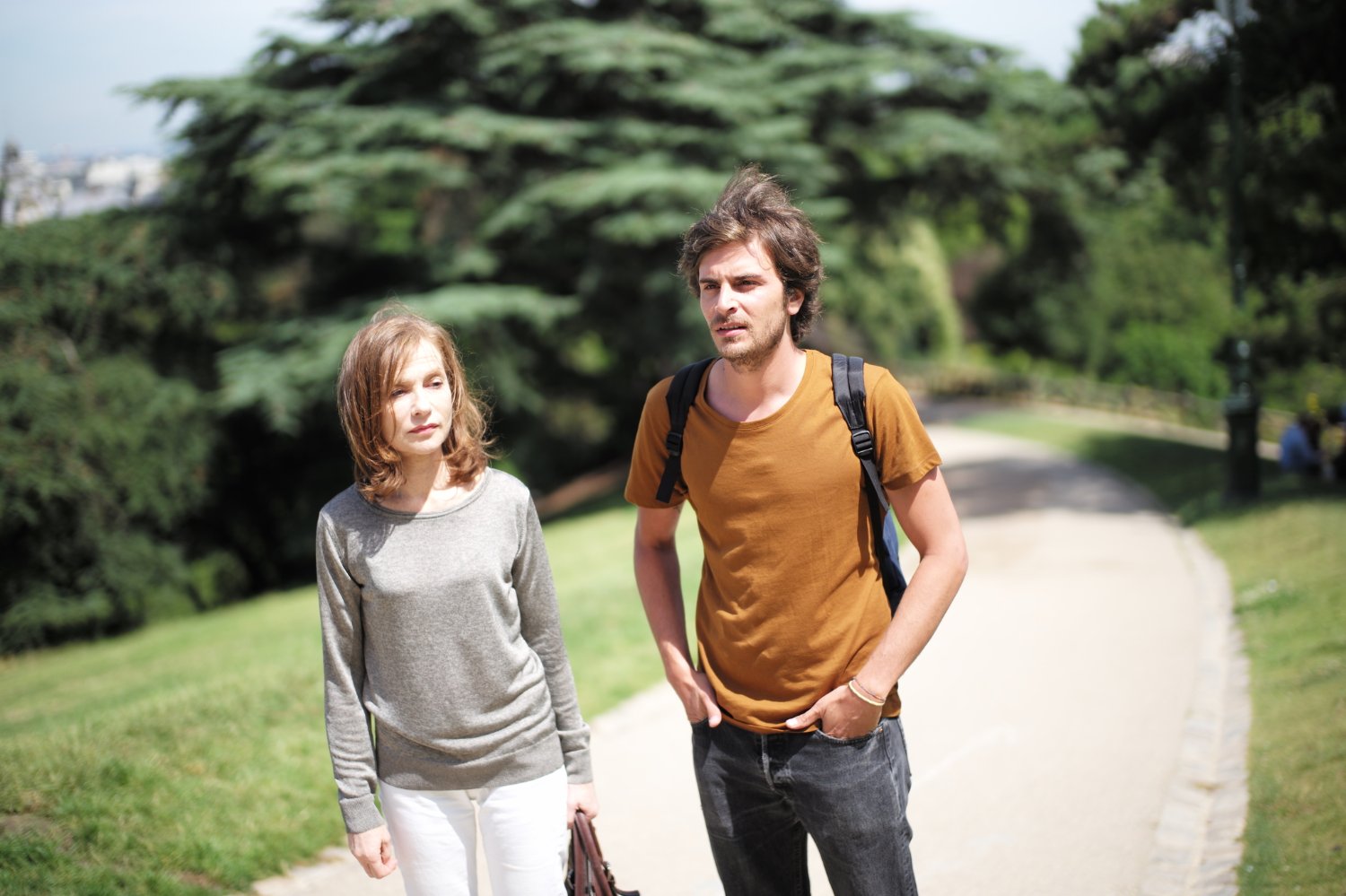
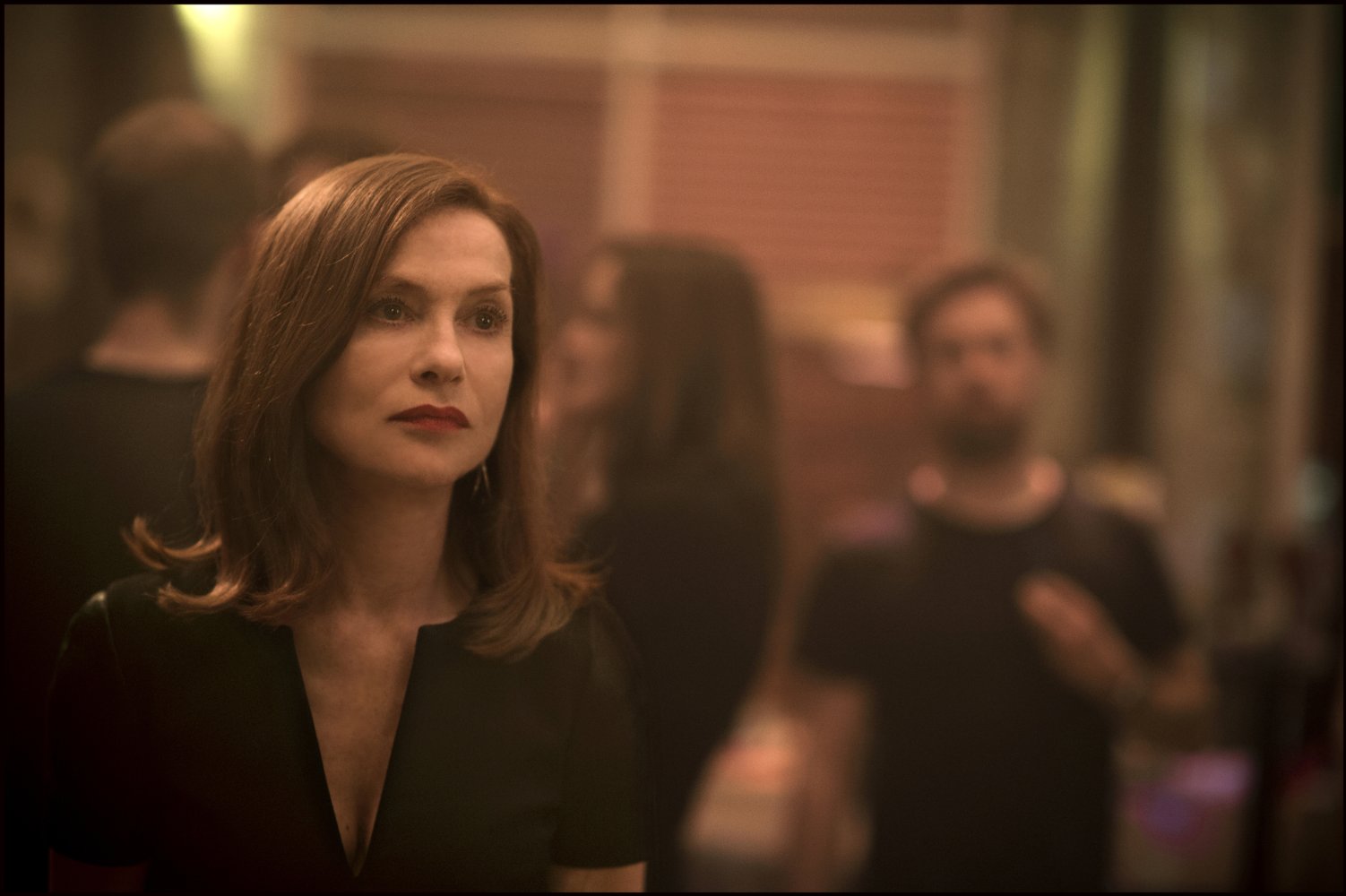
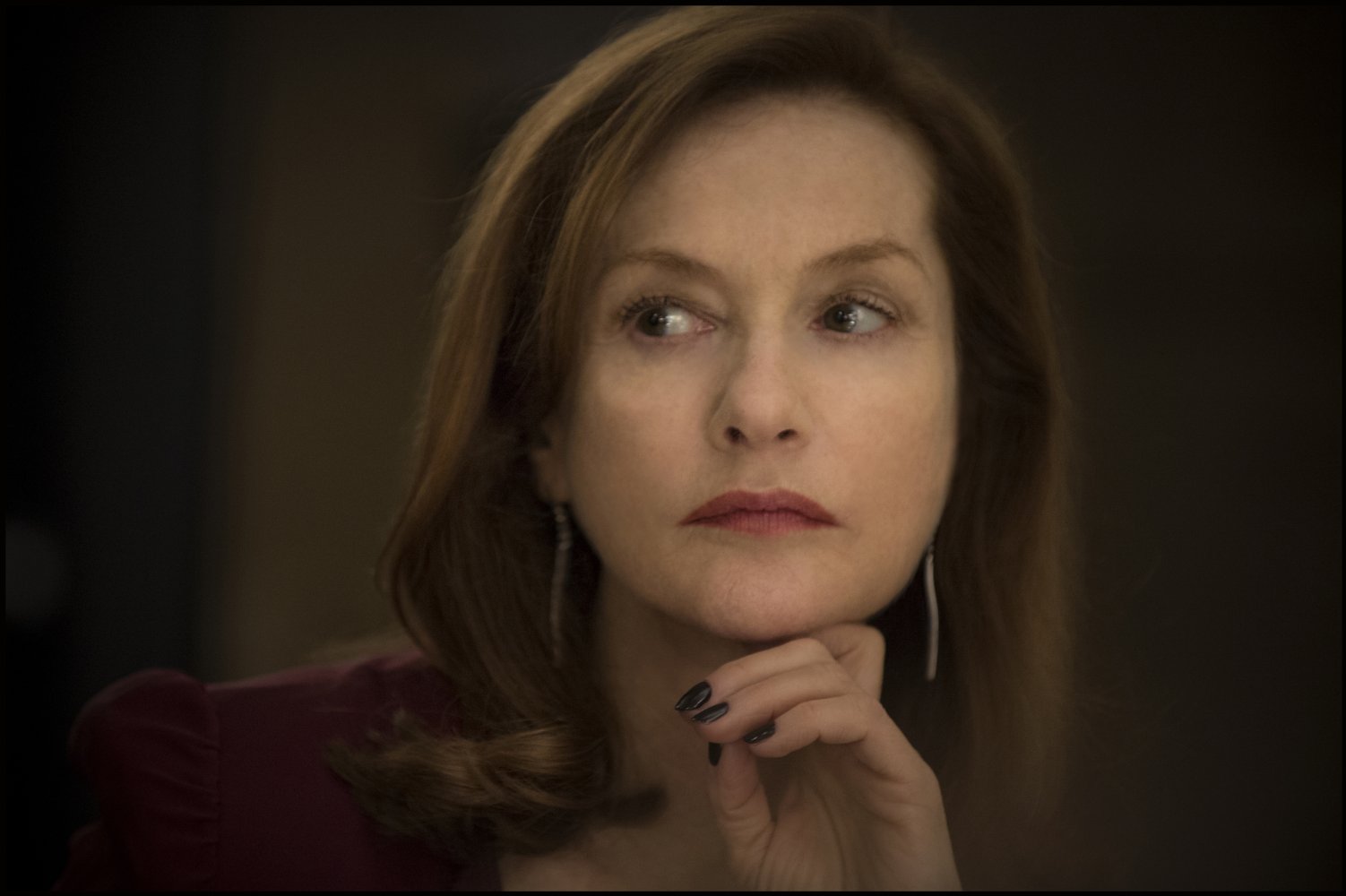
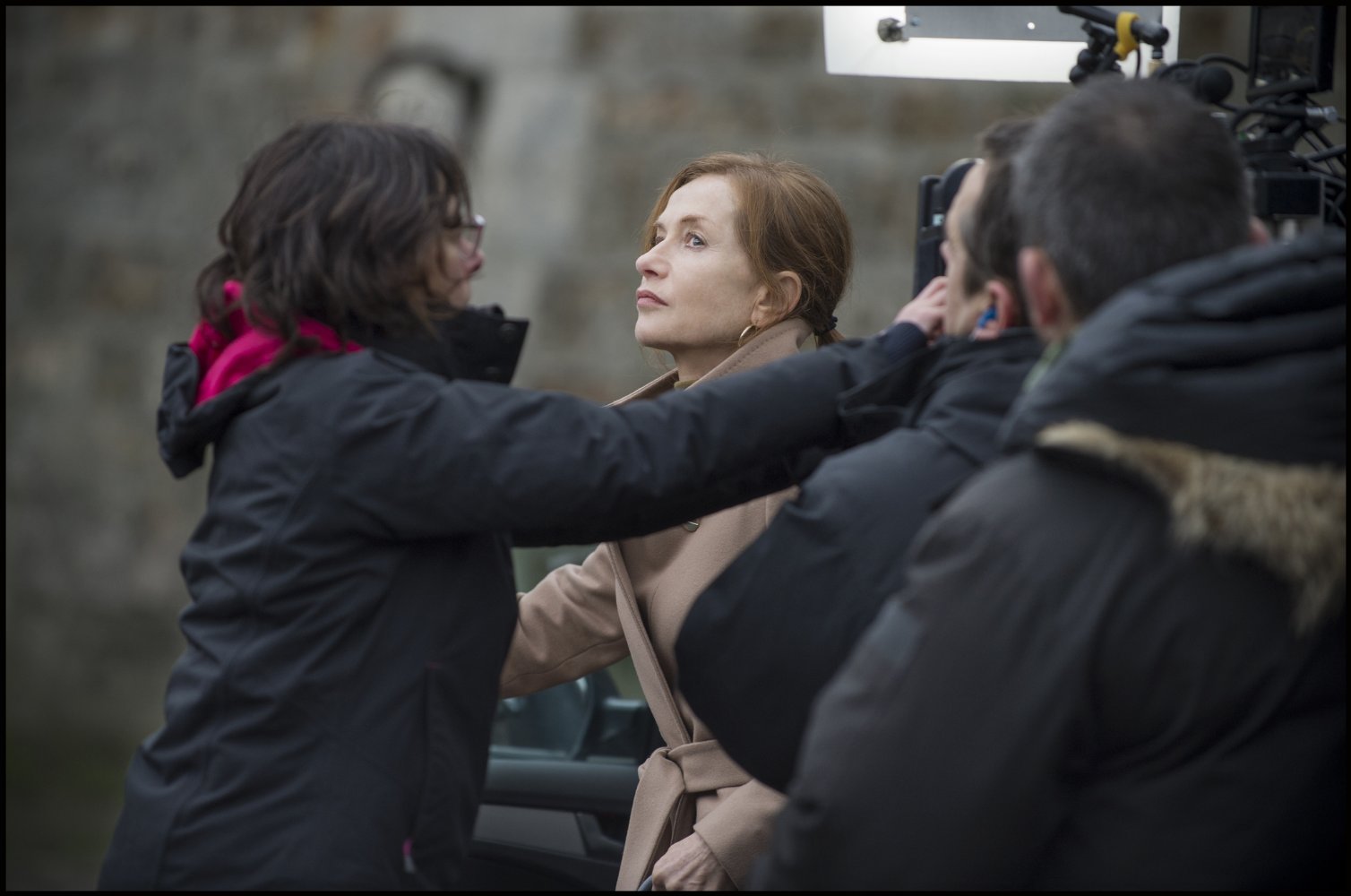
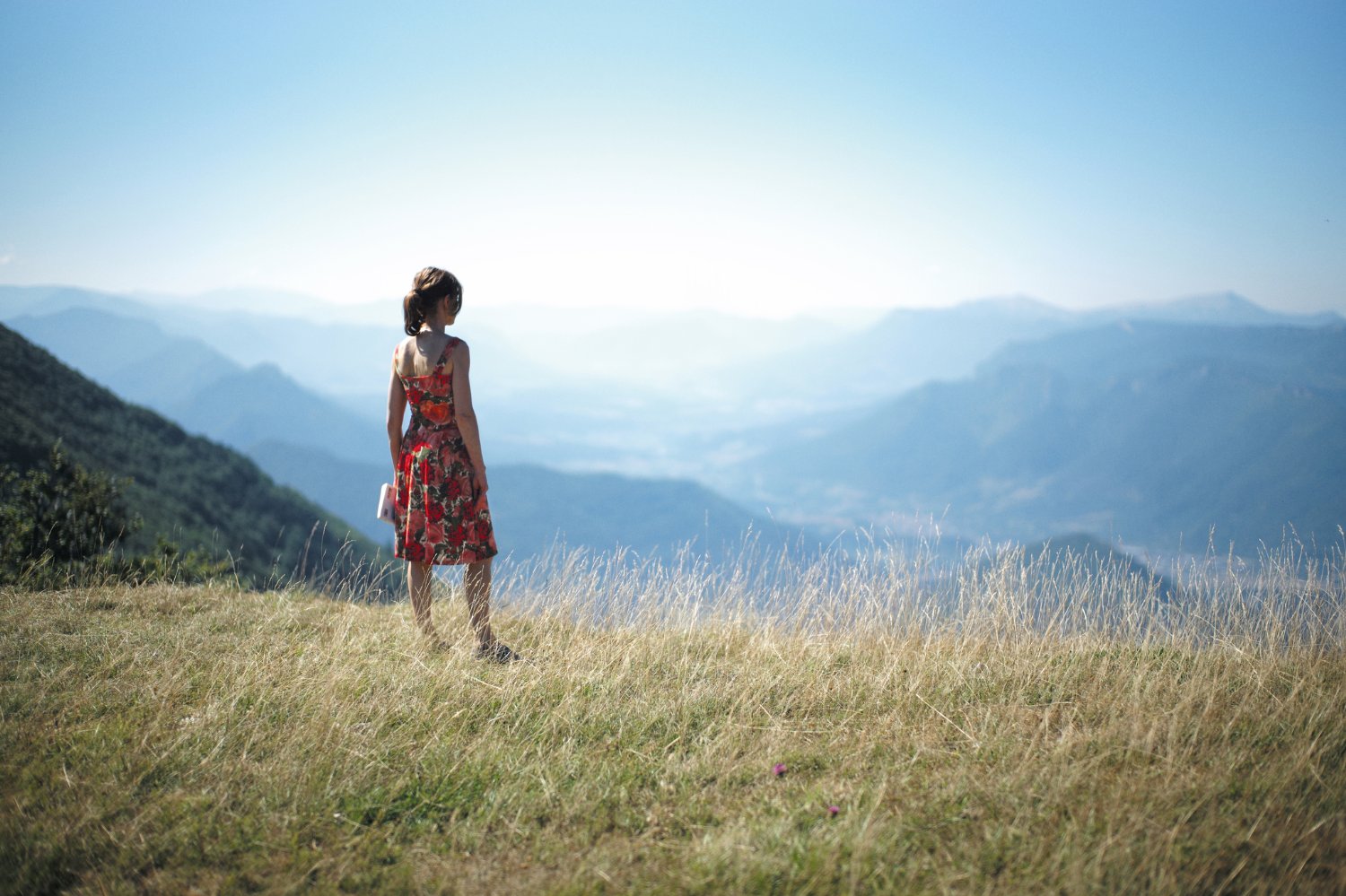
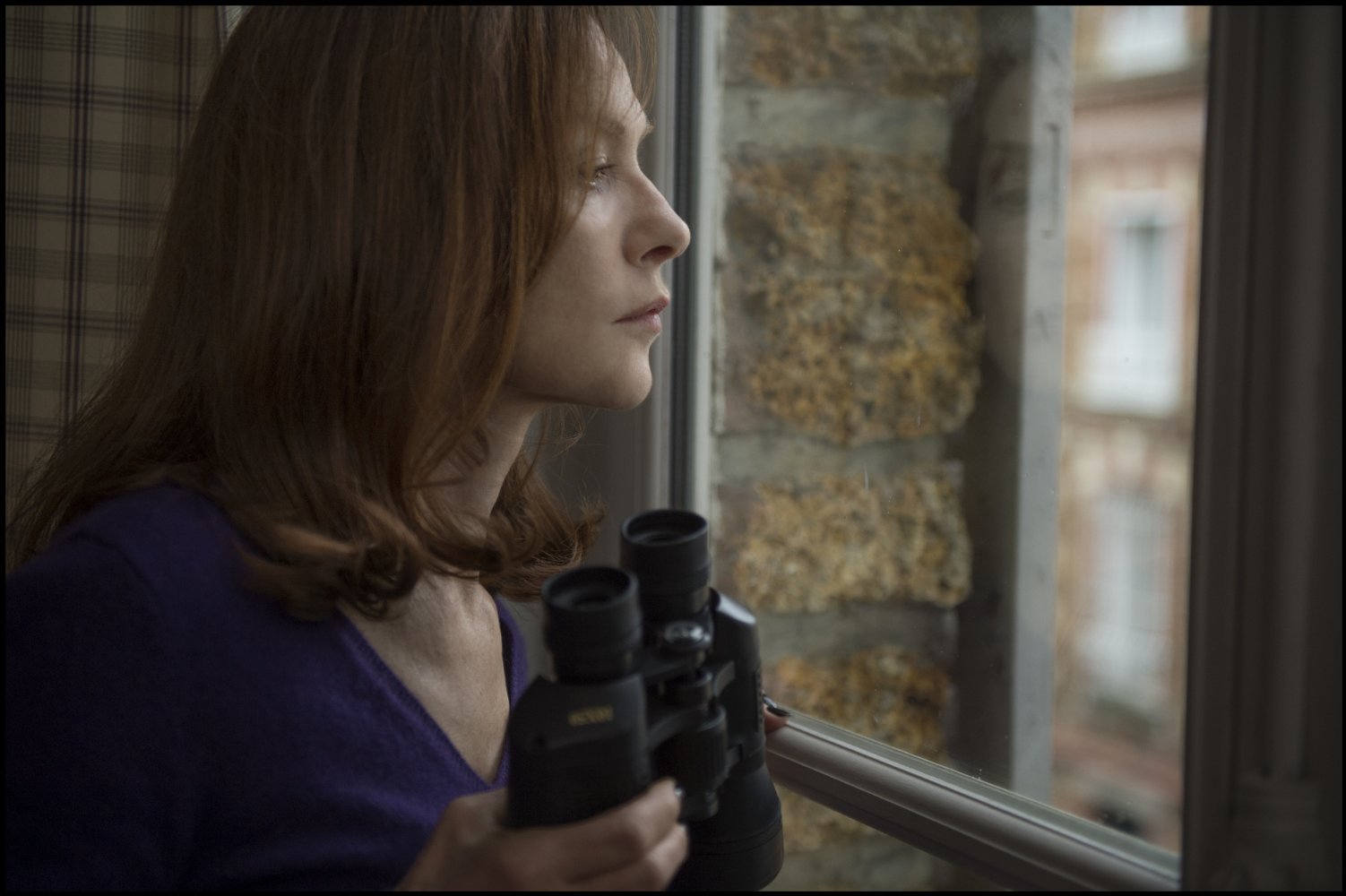
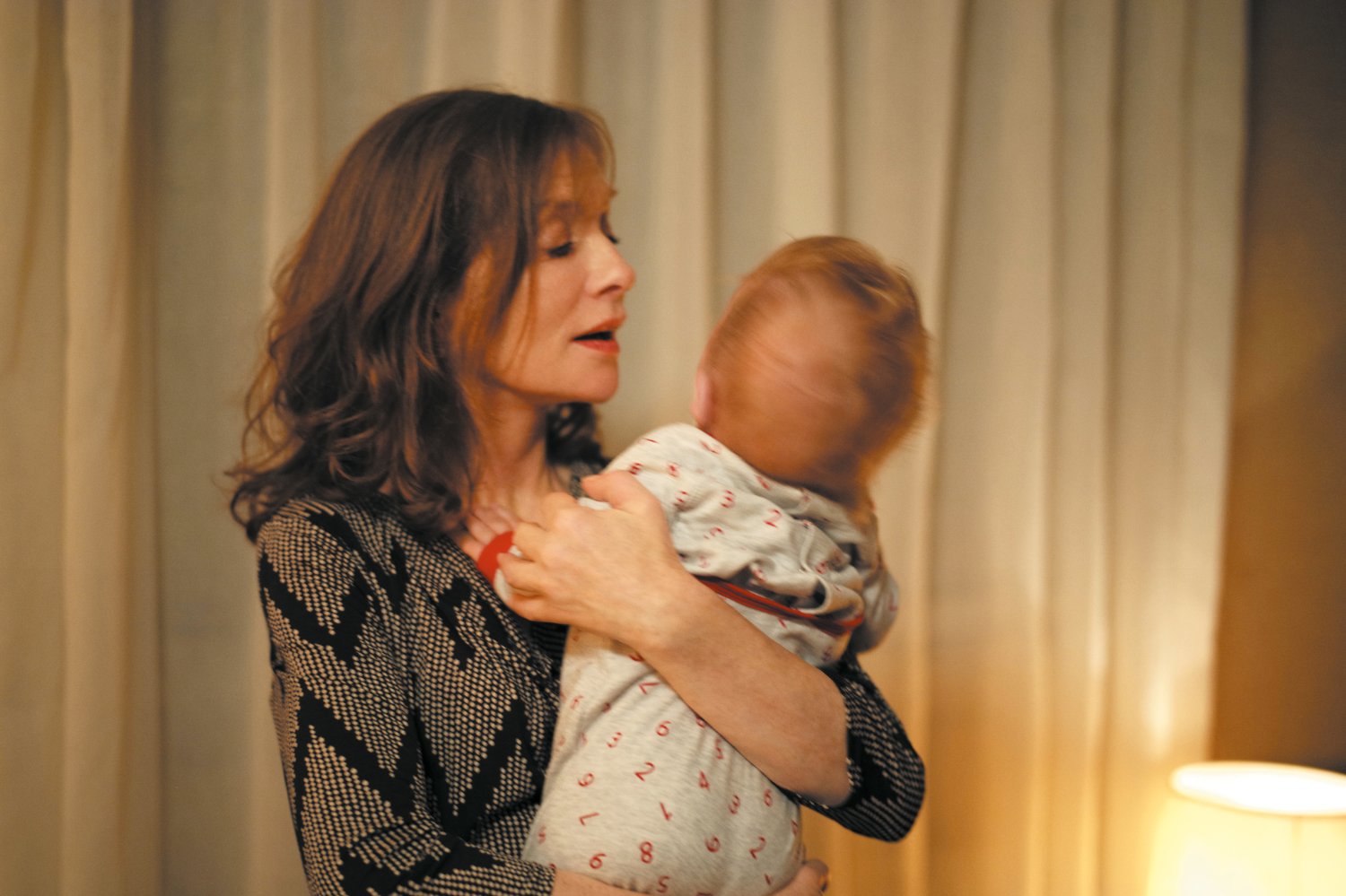
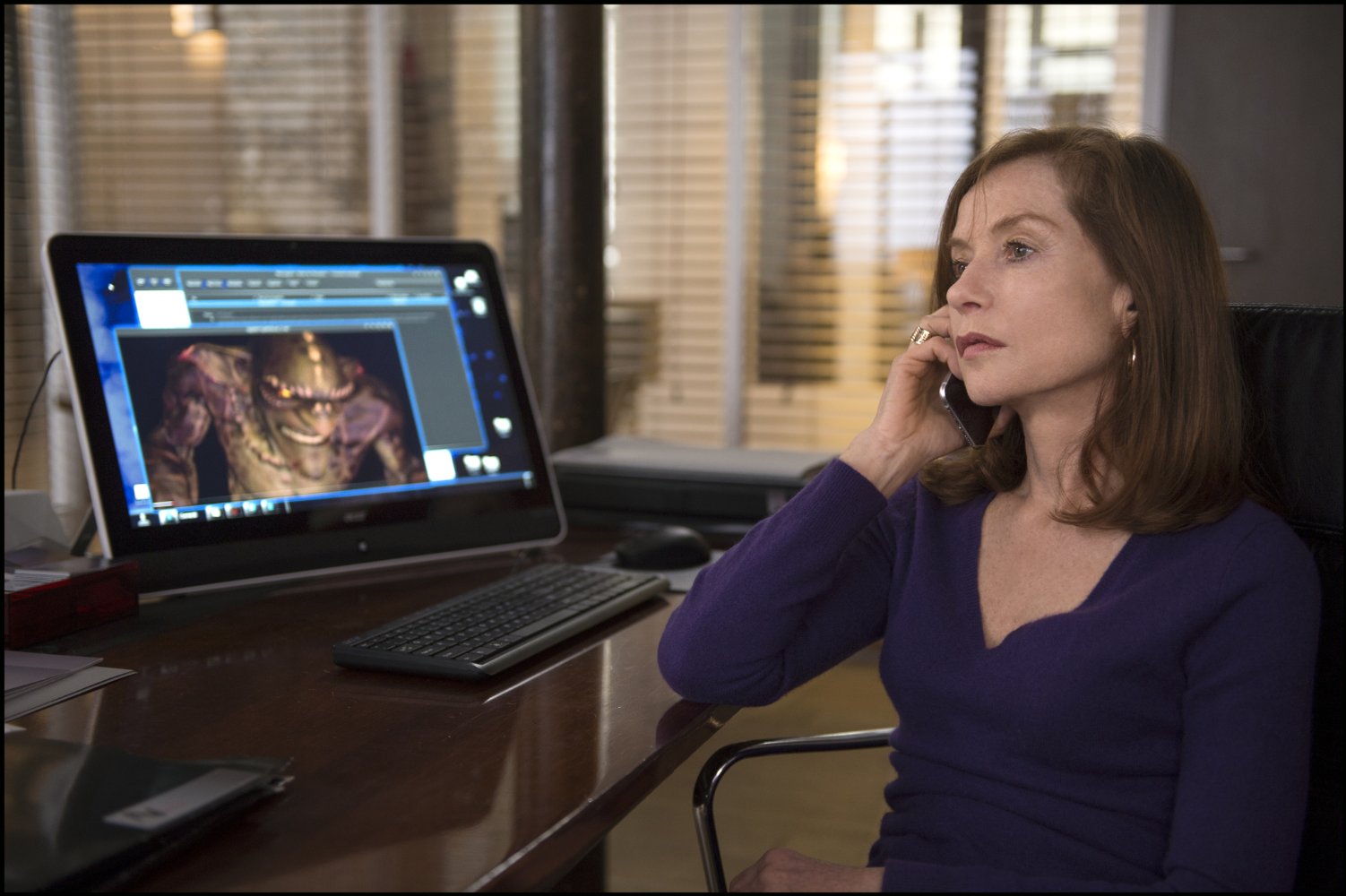
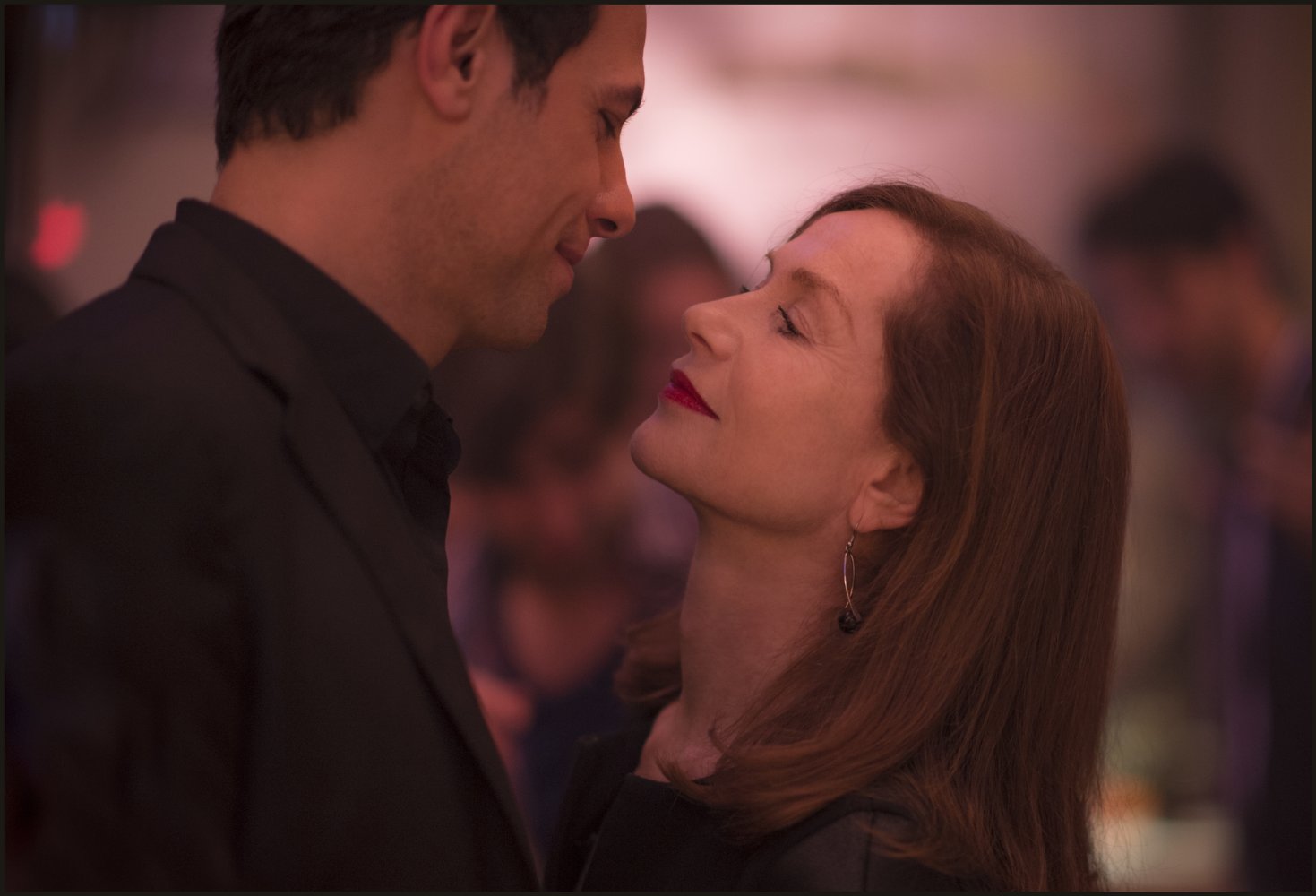
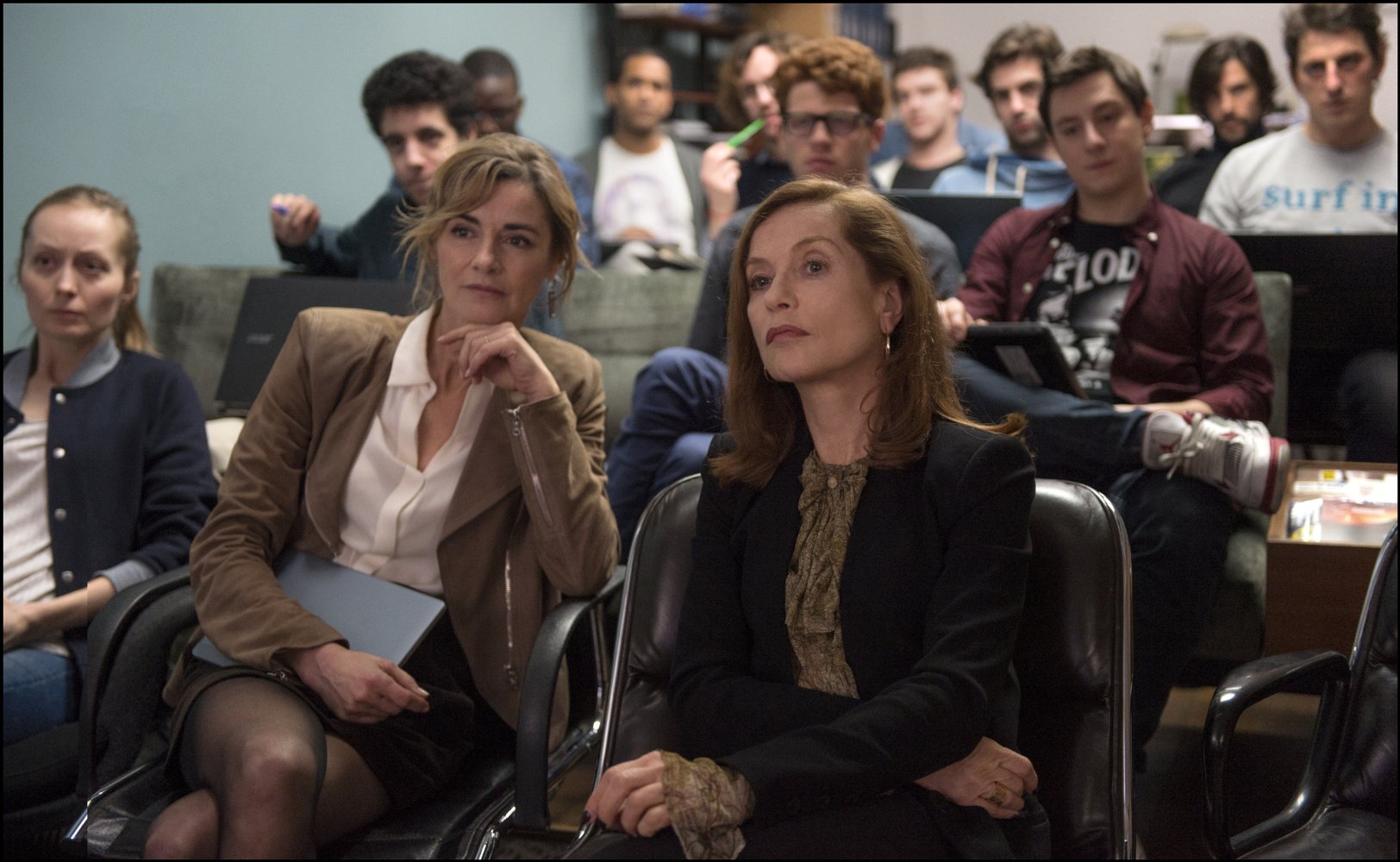
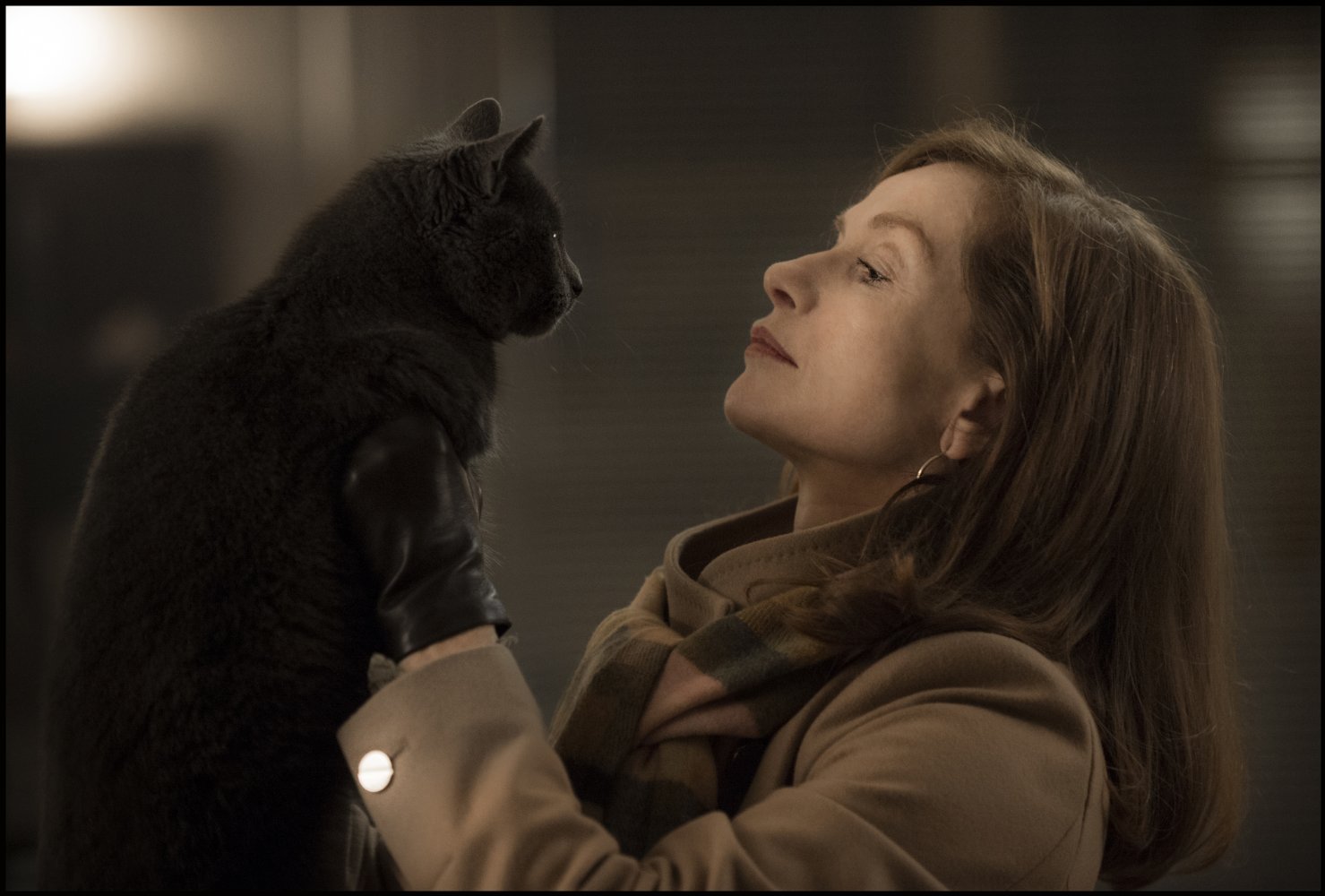
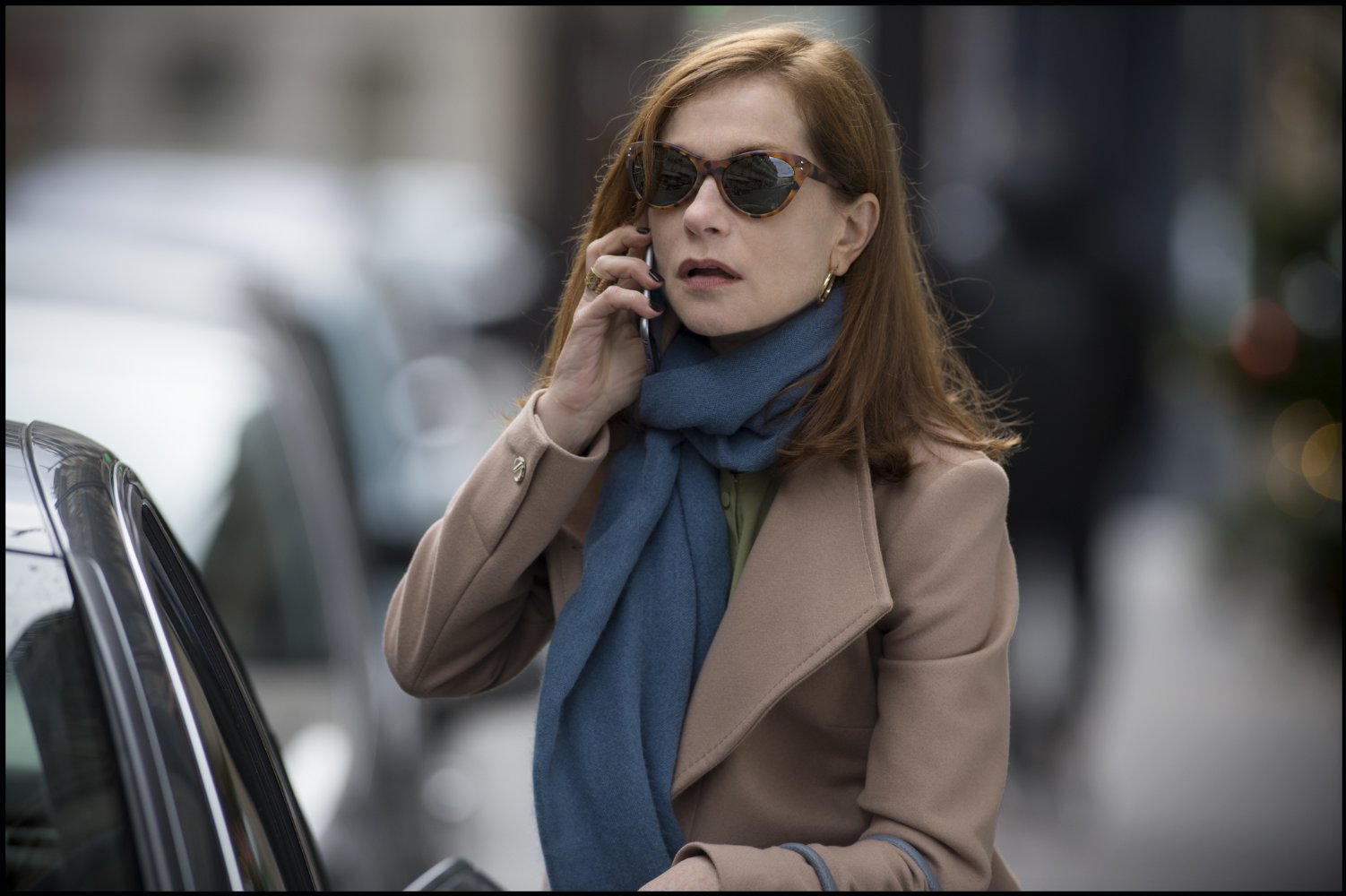
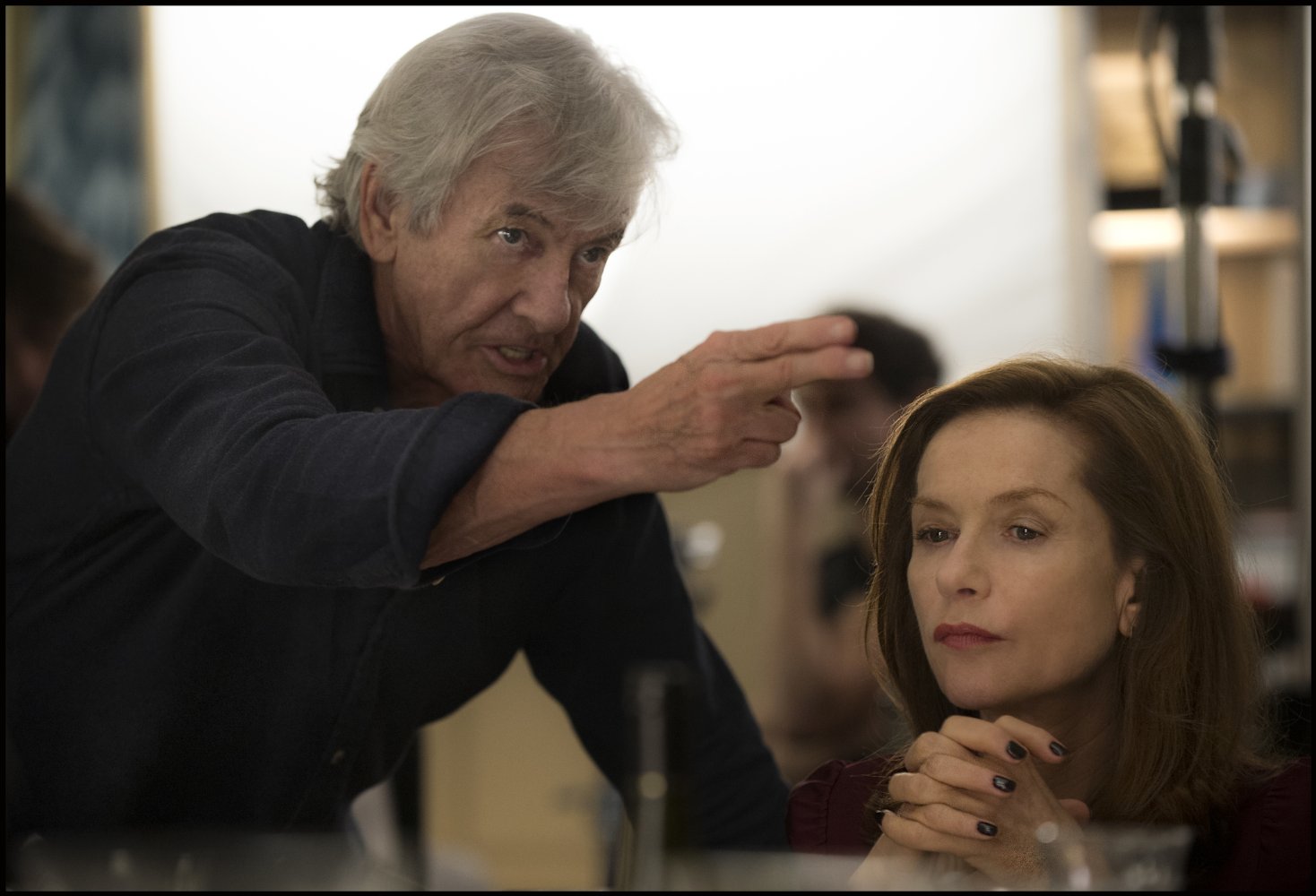
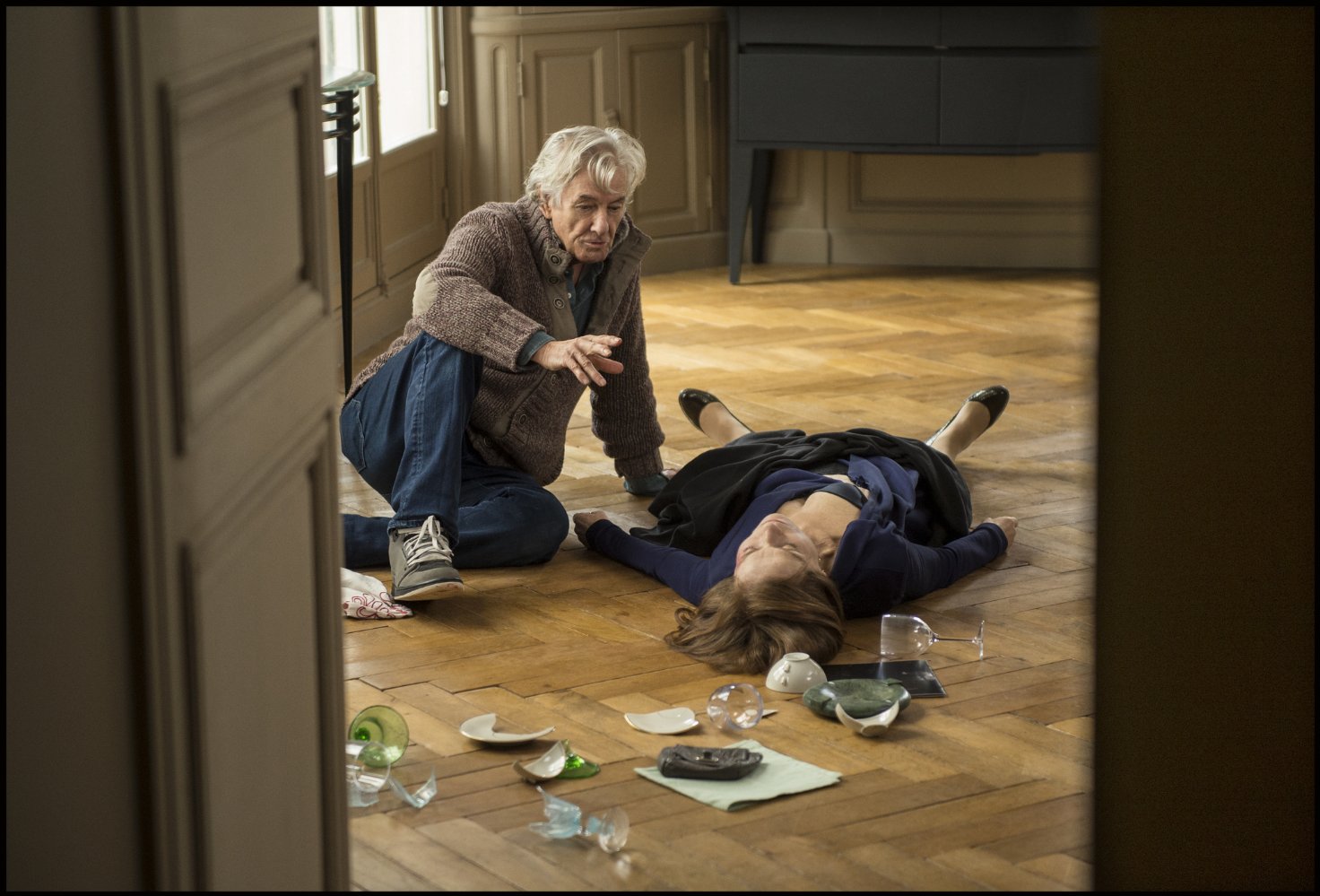

![Loulou [Audio: French]](https://static.new-123movies.live/images/123movies/n2D9hjdtV0Qb9OB0D5ctzr8ta9lEkwhgNfYW9TTBGTCh37H0ogqCHf9PCpkk4KhGe334XmYDdn2DCotlzzk4iC1TV-_FN5nH1UqpM2UIuHinP36gqgFegkyYNHW8z6Tu.jpg)


![Call My Agent - Season 3 [Sub: Eng]](https://static.new-123movies.live/images/123movies/L_jm8FU97QFo5eO7VhH9wpRqrVWz_n7ENwedgsYZOLwyENpVWUz9_lGEGquEnUJTZTNxIWXYALd5vd8LSNjuGHOEVQaibnDXg-1umv0bqbkUFfIb-8ujCCZ-aufd74TO.jpg)








![Call My Agent - Season 1 [Sub: Eng]](https://static.new-123movies.live/images/123movies/hO2hyf94gI-xHV31VOuaqmq9yPNt745x8NCBnQEfhMUSHF2pWS8dO6cCtm4r4eWqpeDfawkM33AJLg2NuYK66TEdGgCVQhctjKIYryvkj_BE9H7Xayt_QxIhfYglNWL_.jpg)





![Home [Audio: French]](https://static.new-123movies.live/images/123movies/0wgYD5_qfgrkqVuslmrNgHYQpDFLhx7ijRL6j5N_yWjChVojTGS0b1wPytPUPb2uWzQSbjLKaNl6YnwKp3vjG_kygzP_rUOdvia9Ue3V4pBHPIunJN6Mn8eRHqI7ROdd.jpg)





![Madame Hyde [Sub: Eng]](https://static.new-123movies.live/images/123movies/CrGkSCkp_eYAIdbg3Y9wGs6gcXUrdJcFh5s2_PuKLwTGpkGs-5Smy-7Mub-ly5XgbG1OtjMRezuSebKvXyu9NVc4zYNVgOzsPuX3j6jGiR-eduLcBg0OK-zzzYlT-br0.jpg)

